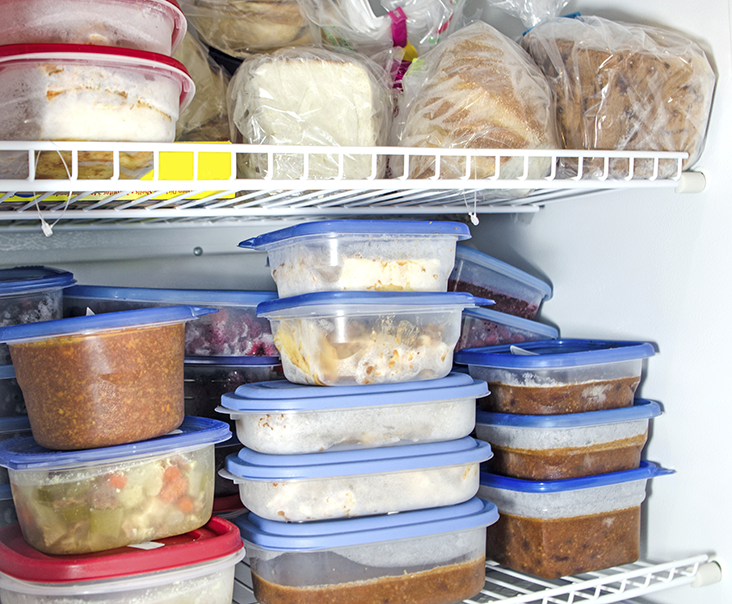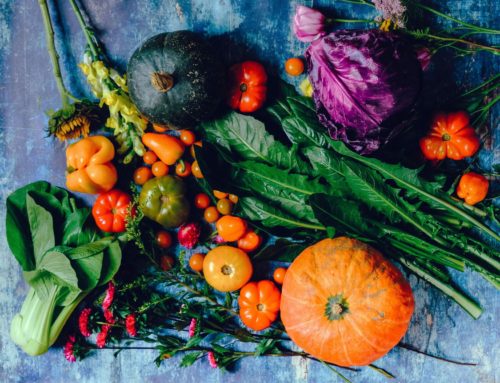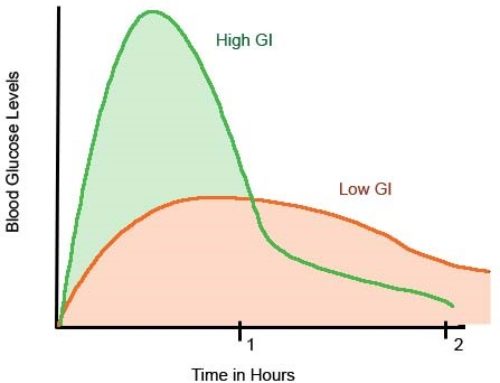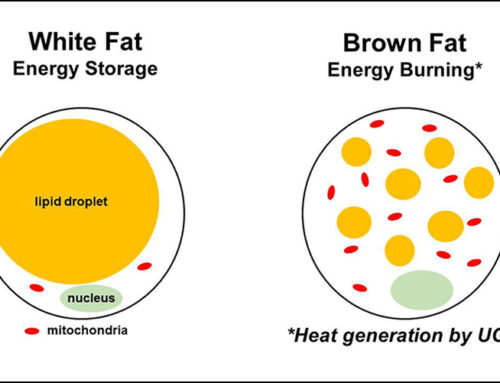
We were having this discussion at a lunch with few girlfriends. Is it ok to consume meals which are home cooked and frozen on a regular basis? What nutrient loss will they have? How long can you freeze them? What freeze better?
Let’s discuss all the above and more in this article.
Pros of freezing home cooked meals:
- Convenience – It is much more time efficient to make bigger batches of food and freeze them in portions. This not only saves time but also decreases food wastage.
- Quick Freezing: If you freeze cooked meals immediately it will reduce nutrient loss and will remain fresh for longer. Just ensure that the food is cooled enough before freezing (it should be luke warm to touch) otherwise these will alter the surrounding foods in the freezer causing them to get spoilt quicker or altering the taste
- Plan meals: If you are cooking ahead and freezing portions of food meal planning becomes easier and you can avoid the unhealthy take aways when you are time poor.
- Portion control: If you are trying to lose weight portion control is the most effective way to do it. Freezing meals in small portions will avoid you consuming huge quantity of food.
- Budget: You can buy meat and vegetables in bulk which is normally cheaper than buying in small quantities.
Cons of Freezing home cooked meals:
- Nutrient loss: While most meats preserve all their nutrient value when frozen, vegetables and greens do lose their water soluble vitamins and some enzymes in the freezing process. Food also tend to get dehydrated again causing nutrient loss. If your cooked meal has lot of fat/oils in it food will decompose as fats and oils decompose over period of time and cause the entire food to decompose.
- Improper freezing methods: If the meals are frozen after couple of days of cooking they will start losing their taste and texture and freezing them then will continue this process. If you have to freeze, freeze them immediately after cooking.
- Loss of texture: A frozen meal especially one with vegetables will never have the same texture as a fresh meal. The freezing and thawing process does alter the texture of most vegetables. Again meats seems to preserve their texture much better.
- Freezer unfriendly foods: Gravies or sauces containing flour, corn flour, milk, yogurt, sour cream or cream are not ideal for freezing, they tend to separate in the process. Other foods which just don’t freeze well are potatoes, eggs, deep fried foods and vegetables with high water content.
- Food Poisoning: Ensure that the frozen foods are consumed within 3 months. If foods are forgotten or there for more than 3 months just throw them out, it is just not worth risking food poisoning. Also improper freezing methods, freezing foods like take away which would not have had fresh ingredients or oils also can cause food poisoning.
In an ideal world eating freshly cooked meals with the freshest produce possible is definitely the best way to keep your body in the best of health. However, we don’t live in an ideal world and with work commitments it is nearly impossible to cook every single day. You can have a good balance of fresh meals and frozen meals. As long as the freezing is done following the proper freezing methods and the right foods and consumed in the appropriate time frame there is no harm in mixing them up a bit.
Vahini Panda is a qualified nutritionist with over 20 years experience in Nutrition education.




Leave A Comment